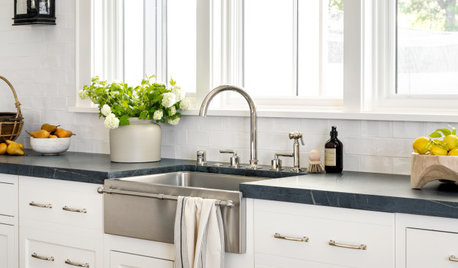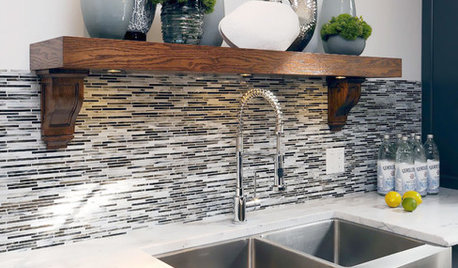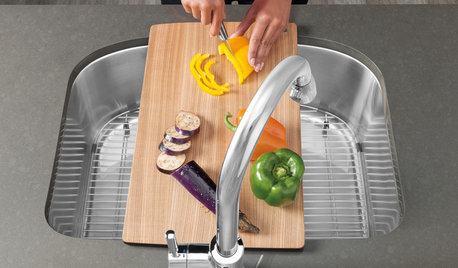Single sink, meat & contamination
ChristyMcK
9 years ago
Featured Answer
Comments (22)
dcward89
9 years agoBunny
9 years agoRelated Professionals
Clute Kitchen & Bathroom Designers · Henderson Kitchen & Bathroom Designers · Montrose Kitchen & Bathroom Designers · Owasso Kitchen & Bathroom Designers · Peru Kitchen & Bathroom Designers · West Virginia Kitchen & Bathroom Designers · Winton Kitchen & Bathroom Designers · Shamong Kitchen & Bathroom Remodelers · Athens Kitchen & Bathroom Remodelers · Las Vegas Kitchen & Bathroom Remodelers · Phillipsburg Kitchen & Bathroom Remodelers · Ridgefield Park Kitchen & Bathroom Remodelers · Langley Park Cabinets & Cabinetry · Ham Lake Cabinets & Cabinetry · Mill Valley Tile and Stone ContractorsVertise
9 years agochristina222_gw
9 years agoChristyMcK
9 years agock_squared
9 years agoSusan St. Pierre
9 years agorococogurl
9 years agoVertise
9 years agogreenhaven
9 years agofeisty68
9 years agorococogurl
9 years agoplllog
9 years agoFori
9 years agochristina222_gw
9 years agoBunny
9 years agogreenhaven
9 years agoDreamingoftheUP
9 years agoplllog
9 years agogreenhaven
9 years agoChristyMcK
9 years ago
Related Stories

KITCHEN DESIGNA Single-Wall Kitchen May Be the Single Best Choice
Are your kitchen walls just getting in the way? See how these one-wall kitchens boost efficiency, share light and look amazing
Full Story
ENTRYWAYSSingle Design Moves That Can Transform an Entry
Take your foyer from merely fine to fabulous with one brilliant touch
Full Story
KITCHEN DESIGN8 Kitchen Sink Materials to Consider
Learn the pros and cons of these common choices for kitchen sinks
Full Story
KITCHEN DESIGNKitchen Sinks: Stainless Steel Shines for Affordability and Strength
Look to a stainless steel sink for durability and sleek aesthetics at a budget-minded price
Full Story
KITCHEN DESIGNThe Return of the High-Back Farmhouse Sink
See why this charming and practical sink style is at home in the kitchen and beyond
Full Story
KITCHEN DESIGNKitchen Sinks: Antibacterial Copper Gives Kitchens a Gleam
If you want a classic sink material that rejects bacteria, babies your dishes and develops a patina, copper is for you
Full Story
KITCHEN DESIGNClever Extras for a Perfectly Personalized Kitchen Sink
Streamline cooking prep and cleanup with integrated sink racks, baskets, inventive cutting boards and more
Full Story
KITCHEN DESIGNKitchen Sinks: Fireclay Brims With Heavy-Duty Character
Cured at fiery temperatures, fireclay makes for farmhouse sinks that just say no to scratches and dents
Full Story
KITCHEN DESIGNKitchen Solution: The Main Sink in the Island
Putting the Sink in the Island Creates a Super-Efficient Work Area — and Keeps the Cook Centerstage
Full Story
BATHROOM DESIGN8 Fabulous Faucets for All Kinds of Bathrooms
Find a new idea for your bathroom sink in 8 very different faucet designs, from waterfall to high-tech digital
Full StoryMore Discussions









greenhaven